File Photo: Chinese Foreign Minister Wang Yi delivers a speech at the United Nations General Assembly in New York on September 21, 2017. (Photo by Kevin Hagen/Getty Images)
[People News] According to Chinese state media, on November 28 local time, Chinese State Councilor and Minister of Public Security Wang Xiaohong met with Interpol President Ahmed Nasser Al-Raisi in Lyon, France. Wang Xiaohong stated that China seeks to maintain strategic cooperation with Interpol, particularly in areas such as combating new types of cross-border crimes and collaborating on fugitive repatriation and asset recovery.
Al-Raisi expressed gratitude for China's longstanding support, emphasizing that Interpol adheres to the "One China Principle" and is willing to strengthen cooperation with China. He also mentioned collaboration regarding the 94th Interpol General Assembly, set to be held in Hong Kong in 2026. Wang Xiaohong additionally signed cooperation documents with Interpol Secretary General Jürgen Stock to formalize agreements on further collaboration.
The official Interpol report revealed slightly more details about the visit. In addition to Minister of Public Security Wang Xiaohong, the Chinese delegation included Vice Minister Xu Datong, Chinese Ambassador to France Lu Shaye, and Wang Yong, the head of China’s Interpol National Central Bureau and a representative on Interpol’s Asian Executive Committee.
The report also noted that China’s Ministry of Public Security has provided significant support for several recent Interpol initiatives, including “Trigger III” (targeting illegal firearms), “First Light” (combating telecom fraud and business email compromise), and “Operation Golden Strike” (fighting environmental crimes). Additionally, China has financially supported Interpol by funding secondments from 16 underrepresented or unrepresented member countries.
China has been a major financial contributor to Interpol since it joined the organization in 1984. Over the years, the CCP has maintained close ties with Interpol, often pursuing broader ambitions within the organization. In November 2016, at the 85th Interpol General Assembly in Bali, Indonesia, Meng Hongwei, then a vice minister of public security and close associate of former Politburo Standing Committee member Zhou Yongkang, was elected as Interpol’s president. However, before his term ended, Meng was investigated for “corruption” and removed from office. In early 2020, he was sentenced to 13 years and six months in prison for bribery.
In September 2017, the 86th Interpol General Assembly was held in Beijing, where Xi Jinping delivered the opening address and promised to increase China’s support for Interpol’s global initiatives over the next five years. This financial backing has been a cornerstone of Beijing’s efforts to influence and exert control over Interpol, raising concerns among human rights organizations and U.S. lawmakers who fear that Interpol might be used as a tool for Beijing to suppress overseas dissidents.
In November 2021, a report by Human Rights Watch highlighted how China has misused Interpol tools, such as Red Notices, particularly since Xi’s anti-corruption campaign began. The report detailed significant increases in the use of Red Notices—tenfold over the past two decades—and diffusion notices, which grew fivefold.
The report also documented abuses by China, including prolonged detention and arbitrary arrest of overseas activists, persecuted minorities, and religious groups; harassment and intimidation of political dissidents; misusing Red Notices to coerce “fugitives” into voluntarily returning to China; and broader efforts to intimidate and harass communities within China.
China’s ability to exploit Interpol stems not only from its financial contributions but also from its influence within the organization’s governing bodies. Following Meng Hongwei’s departure, Hu Binchen, the deputy director of the Public Security Ministry’s International Cooperation Bureau, was elected as a member of Interpol’s Asian Executive Committee in November 2021. In 2023, during the Interpol General Assembly in Scotland, Wang Yong, head of China’s Interpol National Central Bureau, was elected as a member of the Executive Committee, replacing Hu.
As one of the 13 members overseeing Interpol, Wang Yong has the authority to shape the organization’s overall policies and decide the agenda for its annual meetings. This position allows him to greenlight Beijing’s misuse of Interpol, further enabling the persecution of overseas dissidents.
Given this context, Wang Xiaohong’s visit to Lyon to meet Interpol President Ahmed Nasser Al-Raisi raises questions about the motives behind this engagement. With another Chinese official recently elevated within Interpol’s leadership, it appears that Beijing is doubling down on its efforts to solidify influence over the organization, potentially to continue leveraging its tools for domestic and international suppression.
In fact, since Wang Xiaohong became Minister of Public Security, he has met with Interpol officials several times. For instance, in April 2023, he met with Secretary General Jürgen Stock in Beijing, and in February this year, he met with President Ahmed Nasser Al-Raisi in Abu Dhabi. Unless there is a particularly significant matter, Wang would have no need to personally travel abroad.
Strengthening cooperation seems to be a pretext. The author speculates that it may be related to the upcoming leadership transitions for Interpol’s president and secretary general. Al-Raisi was elected president in November 2021 for a four-year term, which ends next year. Stock, who has already served one term, will reach the end of his second term in 2024. If Beijing aims to secure one of these positions, it may require endorsements from the current officeholders and some strategic maneuvering.
Interpol’s General Secretariat, led by the secretary general, is the organization’s highest administrative body. The secretary general is nominated by the Executive Committee and approved by the General Assembly for a five-year term, renewable once. Among those accompanying Wang Xiaohong to Paris was Vice Minister of Public Security Xu Datong, who is likely China’s candidate for a top Interpol position.
The 54-year-old Xu has a highly enigmatic background. He did not rise through the ranks of public security but has managed to become a vice minister of the Ministry of Public Security, achieving rapid promotions that would be impossible without strong backers.
Available information indicates that Xu is from Tianjin and graduated from Tianjin Foreign Studies University. Early in his career, he held positions in Tianjin, including director of the Binhai New Area Commerce Committee, secretary of the Tianjin Economic-Technological Development Area Party Committee, and director of the administrative committee. His promotions were swift. In July 2019, Xu was appointed vice governor of Shaanxi Province, where he oversaw housing, urban and rural development, commerce, market supervision, foreign affairs, Hong Kong and Macao affairs, as well as Belt and Road initiatives and free trade zone projects.
In December 2020, Xu succeeded Hu Minglang, who had transferred to Chongqing as Public Security Bureau director, to become vice governor of Shaanxi and party secretary and director of the provincial Public Security Department. By 2023, Xu was transferred to the Ministry of Public Security as vice minister, becoming the first “post-1970s” vice minister in the ministry. Such cross-provincial and cross-sectoral transfers suggest he is backed by powerful patrons.
Pushing Xu Datong for a senior position in Interpol is likely the main objective of Wang Xiaohong’s trip to France. However, whether Beijing’s ambitions can be realized under the administration of Donald Trump (if reelected) remains uncertain. The U.S. government is already aware of China’s attempts to infiltrate Interpol and will likely take measures to prevent the organization from becoming a tool for Beijing’s political manipulation.

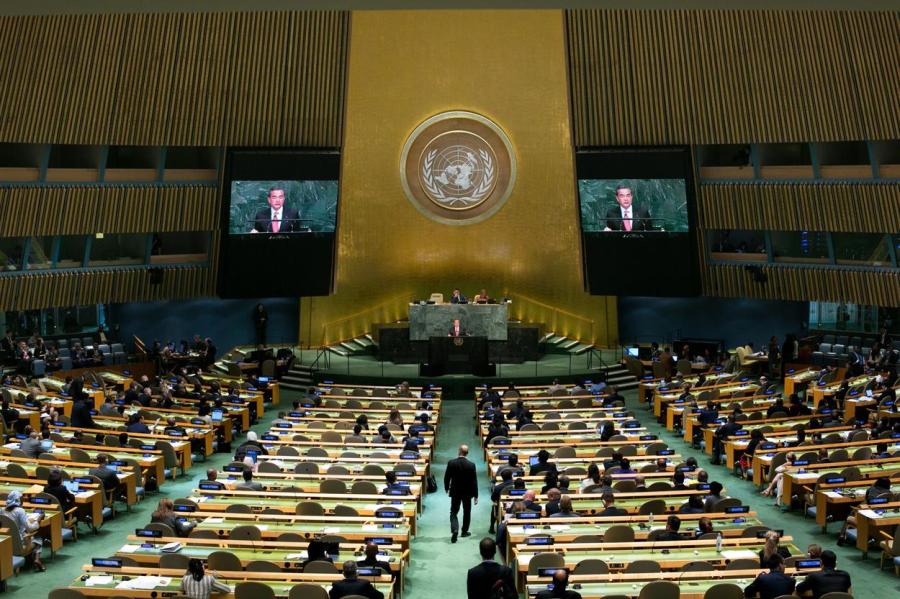

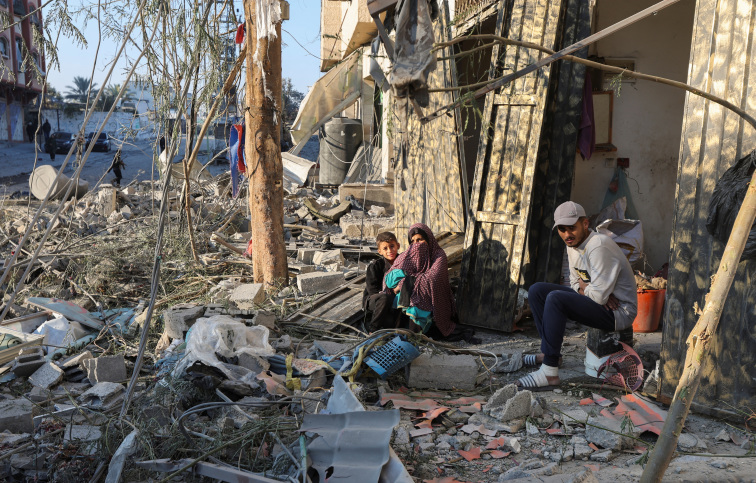
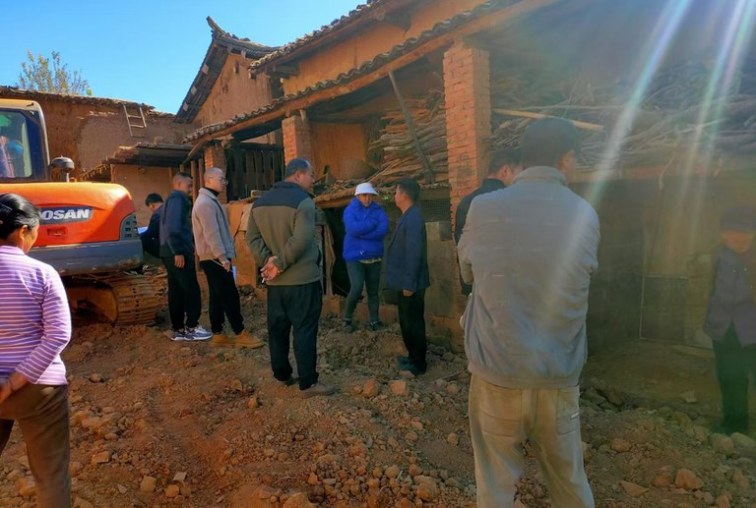


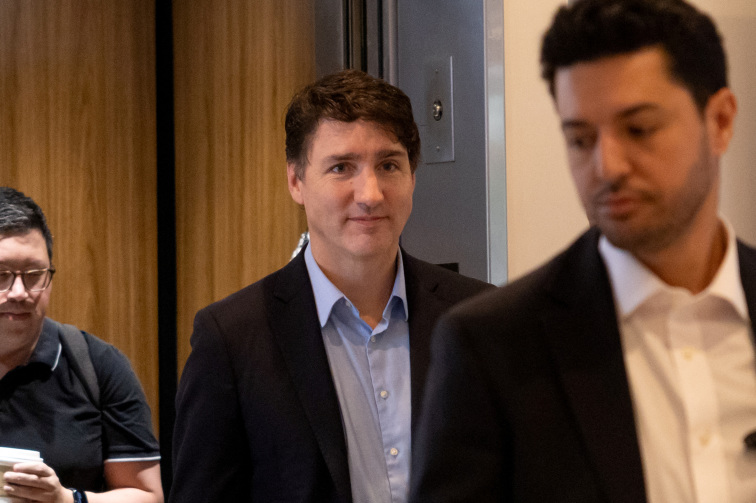
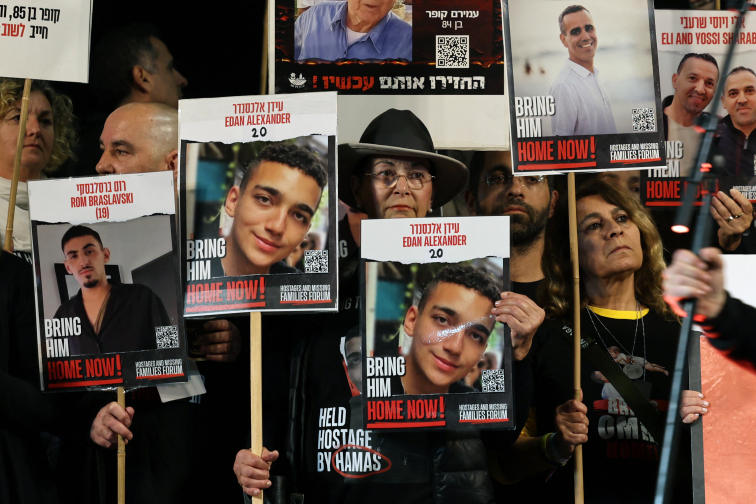
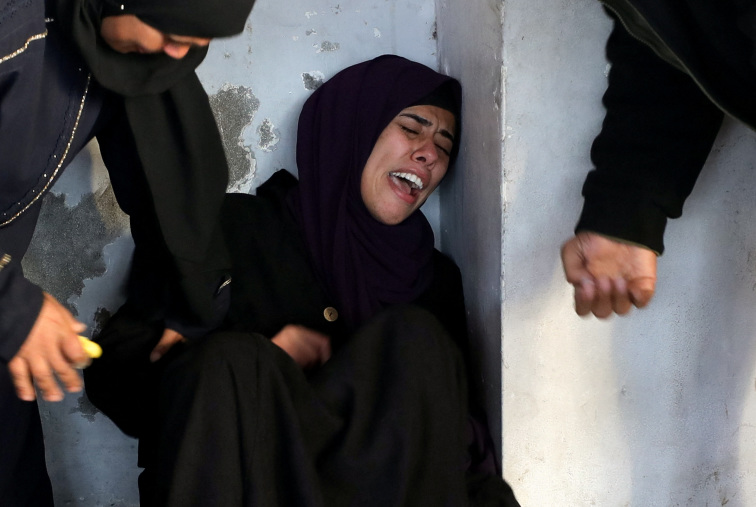

News magazine bootstrap themes!
I like this themes, fast loading and look profesional
Thank you Carlos!
You're welcome!
Please support me with give positive rating!
Yes Sure!